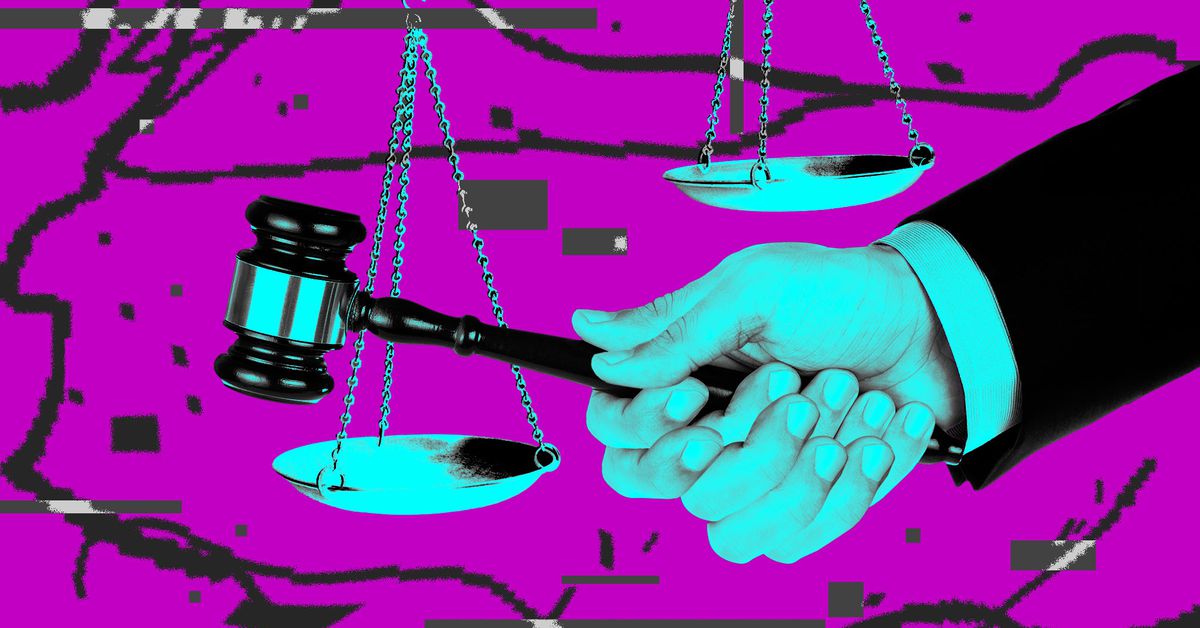A bipartisan group of senators introduced a new bill to make it easier to authenticate and detect artificial intelligence-generated content and protect journalists and artists from having their work gobbled up by AI models without their permission.
The Content Origin Protection and Integrity from Edited and Deepfaked Media Act (COPIED Act) would direct the National Institute of Standards and Technology (NIST) to create standards and guidelines that help prove the origin of content and detect synthetic content, like through watermarking. It also directs the agency to create security measures to prevent tampering and requires AI tools for creative or journalistic content to let users attach information about their origin and prohibit that information from being removed. Under the bill, such content also could not be used to train AI models.
Content owners, including broadcasters, artists, and newspapers, could sue companies they believe used their materials without permission or tampered with authentication markers. State attorneys general and the Federal Trade Commission could also enforce the bill, which its backers say prohibits anyone from “removing, disabling, or tampering with content provenance information” outside of an exception for some security research purposes.
(A copy of the bill is in he article, here is the important part imo:
Prohibits the use of “covered content” (digital representations of copyrighted works) with content provenance to either train an AI- /algorithm-based system or create synthetic content without the express, informed consent and adherence to the terms of use of such content, including compensation)



I’ll be honest, I read it too fast and didn’t see the “for commercial use part”. I still think this is problematic because a lot of fine tuners and some companies putting out models either have a Patreon or offer their model for individual use but not to host on generating services without compensation (a good example of this is pony for fine tuners or codestal(I think) for general model providers). It also means any one building models can’t then commercialize models on their end while still offering it for free to the community, it puts them in a tough position. I don’t know how Metas llama could survive this or Google’s gemma. I’m also curious how this affects huggingface since I’m not sure if they are making it available like it says in the bill by hosting it.
It does put the bill in a better light though and I will edit my comment.